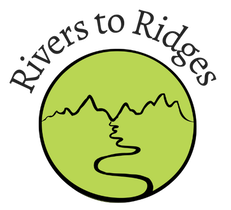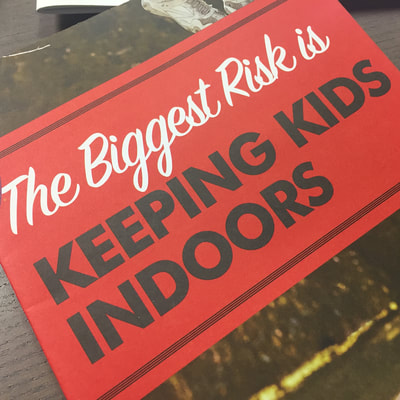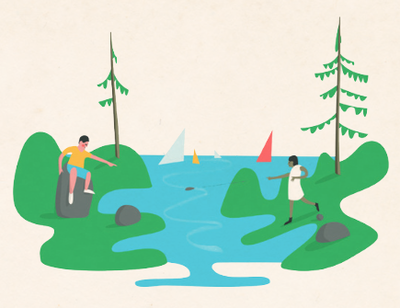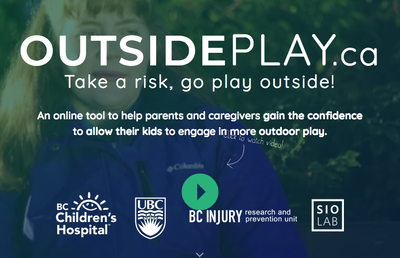"Taking risks is something children are eager for
as they test their limits and develop their abilities."
as they test their limits and develop their abilities."
- Cam Collyer, Evergreen's Executive Director of Programs and Executive Member of the
International School Ground Alliance
International School Ground Alliance
|
Research & Resources
Staff Team
|
Our staff are selected specifically for their experience, certifications and mindset when it comes to risk management. The interview process allows us to select staff based on their proactive judgement and preventative mindset when managing risks, and each instructor must annually submit a clear and current criminal reference check.
All instructors are certified in Standard First Aid and CPR (minimum requirement), and all staff work in teams (minimum of two) during programs. All specialty programs or instructional skill lessons (e.g. water-based, knife work or backcountry programs) require specific additional certifications and proven experience/ demonstrated skill to manage additional unique risks. |
Waivers & Forms
Please take the time to read over these forms in advance of you or your child participating in our programs.
This is the best way to educate yourself and your children about the inherent risks associated with taking part in Rivers to Ridges programs. We believe that appropriate levels of risk allow for growth and development, however these forms are mandatory before participation in any Rivers to Ridges program. This ensures that participants fully understand the risks they are taking (as well as how they can manage their own risk) when they join us at the start of the program.
This is the best way to educate yourself and your children about the inherent risks associated with taking part in Rivers to Ridges programs. We believe that appropriate levels of risk allow for growth and development, however these forms are mandatory before participation in any Rivers to Ridges program. This ensures that participants fully understand the risks they are taking (as well as how they can manage their own risk) when they join us at the start of the program.
Safety Protocols
As part of risk management, we provide instruction on the safe protocol for our higher risk activities:
"Access to active play in nature and outdoors -- with its risks --
is essential for healthy child development.
We recommend increasing children's opportunities for self-directed play outdoors
in all settings -- at home, at school, in child care, the community and nature."
is essential for healthy child development.
We recommend increasing children's opportunities for self-directed play outdoors
in all settings -- at home, at school, in child care, the community and nature."
- Canada's Chief Public Health Officers





